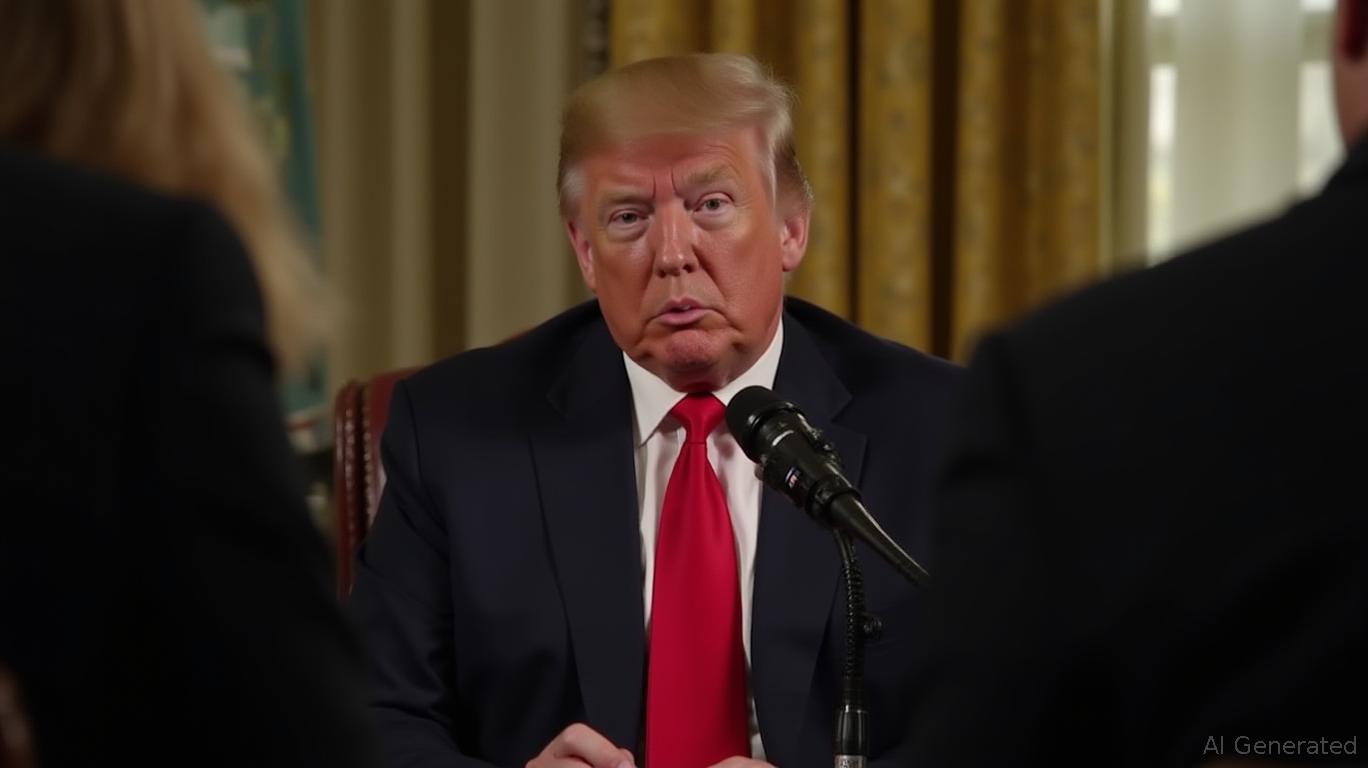Stablecoin issuers dominate crypto revenue, capturing up to 75% of daily protocol earnings
Quick Take Increased competition within the stablecoin sector is pushing some players to explore alternative approaches to value sharing. The following is excerpted from The Block’s Data and Insights newsletter.

Stablecoin issuers continue to command the lion's share of crypto protocol revenue, consistently capturing 60% to 75% of total daily revenue across major crypto categories, including lending platforms, decentralized exchanges, collateralized debt positions, and blockchain infrastructure.
This dominance reflects the sector's position as crypto's most profitable vertical, providing users with a stable foundation for trading and a reliable collateral option for exchanges and DeFi protocols.
Tether, the issuer behind the largest stablecoin USDT, announced it is on track to generate $15 billion in profit this year with a 99% profit margin, according to CEO Paolo Ardoino. This efficiency places Tether among the world's most profitable companies per employee.
The business model centers on earning yield from backing assets. Major issuers like Tether and Circle hold user deposits in low-risk yield-generating instruments such as U.S. Treasuries and cash equivalents, retaining the interest earned rather than distributing it to stablecoin holders. This practice has been codified into U.S. law through the GENIUS Act , signed in July, which explicitly prohibits permitted payment stablecoin issuers from paying interest or yield to holders of payment stablecoins. The aim is to treat these payment stablecoins more like digital cash rather than deposit-bearing or investment products.
However, increased competition within the stablecoin sector is pushing some players to explore alternative approaches to value sharing. USDe, which has risen to become the third-largest stablecoin, has applied pressure on incumbents by offering yield through its synthetic dollar model.
Coinbase has begun rewarding users for holding USDC on its platform, currently offering 3.85% APY. While this technically circumvents the GENIUS Act's restrictions by having a third-party platform rather than the issuer provide the yield, it signals a shift in how value could be distributed in the ecosystem. As Tether moves to raise more capital to expand USAT, its U.S.-regulated, dollar-backed complement to USDT, it’s worth watching how stablecoin issuers continue to compete for users through new incentives and differentiation.
This is an excerpt from The Block's Data & Insights newsletter . Dig into the numbers making up the industry's most thought-provoking trends.
Disclaimer: The content of this article solely reflects the author's opinion and does not represent the platform in any capacity. This article is not intended to serve as a reference for making investment decisions.
You may also like
Vegas Police Turn to Tesla’s AI Cybertrucks Despite Recall Issues, Moving Toward an Autonomous Tomorrow
- A Silicon Valley billionaire donates Tesla Cybertrucks to Las Vegas police, deploying the nation's largest AI-equipped fleet for law enforcement. - Tesla's Full Self-Driving software, optimized via neural networks, aims to enhance patrol efficiency but faces recalls affecting 6,200 vehicles over lightbar defects. - The initiative reflects growing AI integration in public safety, with Tesla projecting 15% cost reductions through autonomous logistics by 2025. - Regulatory scrutiny persists as NHTSA investi

XRP News Today: MoonBull's Mobunomics Model Delivers 95% APY, Attracting a Surge of Investors
- MoonBull ($MOBU) leads 2025 presales with 95% APY staking and 15% referral bonuses, raising $500K at Stage 5. - Its Mobunomics framework allocates 5% of transactions to liquidity, rewards, and burns, creating a self-sustaining ecosystem. - Early investors see 163% ROI, contrasting Bitcoin/Litecoin stagnation and BNB/AVAX's slower growth forecasts. - BitMine Immersion's $13.7B crypto holdings and Solana-XRP rivalry highlight market fragmentation and institutional adoption trends. - MoonBull blends meme cu

Trump and CBS Ease Strained Relations During 60 Minutes Conversation
- Trump's 60 Minutes interview marked a symbolic CBS relationship thaw after a $16M lawsuit, defending tariffs, immigration policies, and China trade deals. - The U.S.-China agreement reduced tariffs on goods and fentanyl precursors in exchange for Beijing's cooperation on rare earth exports and soybean purchases. - Domestically, Trump criticized "liberal judges" blocking deportations and called for abolishing the Senate filibuster to end government shutdowns. - Legal risks loom over IEEPA-based tariffs, w

Google's parent company, Alphabet, is seeking to raise $15 billion through a dollar bond issuance.
